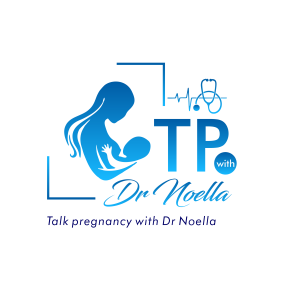STRENGTHENING PREVENTION AND RESPONSE TO GBV AMONG THE DEAF
AND VULNERABLE COMMUNITY IN BAMENDA UNDER THE EUROPEAN
UNION – NKUMU FEDFED PROJECT. (JANUARY 2023)
1.1. INTRODUCTION/BACKGROUND
According to the United Nations Population Fund (UNFPA 2021)(1), Gender-based
violence is one of the world’s most prevalent human rights violations. WHO reports that 1
in 3 women experience GBV in their lifetime (2). In all, 56.4% of women in Cameroon
have suffered emotional or sexual violence (3). This high number is due to the socio-
political crisis affecting Cameroon’s Northwest and Southwest regions. Due to the conflicts,
millions of women have become internally displaced, have lost their daily source of income,
and, lastly, due to insecurity, they have become more vulnerable. More specifically, people
living with hearing and speech impairment are even more susceptible. Deaf women are at
least twice more likely to be abuse victims than their hearing peers due to barriers they
experience in everyday life. For example, issues relating to communication, isolation,
difficulty accessing information, the problem of reporting/accessing post-disclosure
support, and difficulty accessing the wide range of justice services. Also, evidence suggests
that women with disabilities are abused by a more significant number of perpetrators and
are abused for extended periods than non-disabled women. Thus, exposing them to
consequences, including forced and unwanted pregnancies, unsafe abortions, traumatic
fistula, sexually transmitted infections, including HIV, and even death. Therefore
incorporating sensitization on the prevention and response to GBV among these
populations, including sensitization on the various family planning methods and mastery of
their menstrual cycle, will go a long way to provide them with complete knowledge about
their sexual and reproductive health.
1.2. GOALS AND OBJECTIVES
1.2.1 PROJECT GOAL
-Increase understanding and capacity to prevent, mitigate and respond to GBV among
the deaf and vulnerable community.
-Improve the knowledge about accessibility to family planning as a means to
prevent unwanted pregnancies among these groups of people.
1.2.2. SPECIFIC OBJECTIVES
- To prevent GBV
- To provide and strengthen the clinical management of survivors.
- To ensure proper follow-up of GBV survivors.
- To strengthen reporting system and safeguarding.
- To improve sexual and reproductive health rights.
1.2.3. TARGETED BENEFICIARIES
TARGET GROUP (Deaf and vulnerable persons)
| Young women (above 18) | 11 |
| Men (above 18) | 09 |
| Grand Total | 20 |
2.0. METHODOLOGY AND APPROACH
1) Community outreach campaign among the deaf and vulnerable persons in Bamenda
- Reached out to 20 deaf and dumb people (including their husbands) on how to prevent
themselves from all forms of GBV and also on the reporting systems, thus reinforcing the
referral pathway.
-Also, educated them on the various methods of family planning and how to access these
services in order to prevent unwanted pregnancies, thus, giving them a complete package as
regards their sexual and reproductive health rights.
2.1. RESULTS
-Sensitized 20 deaf and dumb people (including their husbands) on how to protect themselves
from GBV and improve the reporting mechanism. These groups are considered because they
are more vulnerable, and access to information and services is challenging.
-Educated 20 deaf and dumb women on the various methods of family planning and how to
access these services in order to prevent unwanted pregnancies, thus, ensuring healthy living.
3.0. CHALLENGES
- Some of the participants could not attend because they were notified late.
- Lack of transportation for participants; thus, only a few could attend.
3.1. RECOMMENDATIONS - Ensure early notification, especially to those in far-to-reach areas.
- Make available funds for transportation to reach out to many people.
